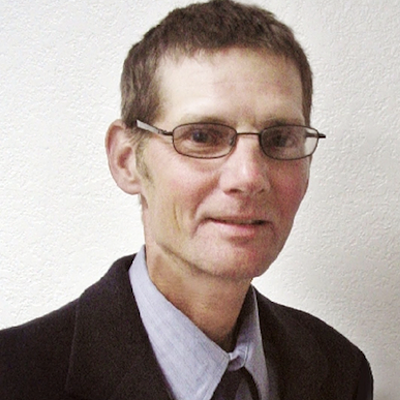But when signatures are submitted next week, there will be one critical difference from the past: Instead of having 10 extra days to gather more valid signatures if petition organizers fall short of the 11,615 required, the July 5 deadline will be final.
"That's really going to hurt," says John Kromko, who is spearheading a drive to repeal the $14-a-month garbage fee while prohibiting the use of reclaimed sewage water for drinking purposes; his ballot initiative would also ban water fees from paying for road projects.
"If that (10-day) provision was in effect, I wouldn't be worried at all," Kromko says. "We're still probably going to make it, but I'm worried."
Pete Zimmerman, the organizer of the Wal-Mart-backed initiative to alter the Tucson ordinance which prohibits grocery sales from exceeding 10 percent of the floor area in a "big box" store, doesn't think the change will affect his effort. "It's a matter of paying attention to details," he says.
Approved as part of Tucson's 1929 charter, the 10-day overtime period for signatures was a result of the importance placed on public involvement in politics during the early years of Arizona statehood. Phoenix also had on its books a 10-day extension period, but state legislation later forbade any extra time. Earlier this year, the Arizona Supreme Court upheld the validity of the state statute in a case involving Phoenix; according to the Tucson City Attorney's Office, the local overtime provision is therefore kaput, too.
Even though he used the extra time two years ago to unsuccessfully try to get a similar garbage-fee initiative before the voters, Kromko says: "Based on the court's decision, I think what the city did was OK."
The loss of the extra 10 days isn't the only hurdle in front of Kromko and his petition gatherers.
Earlier this year, he ran into problems with collecting signatures at the Fourth Avenue Street Fair when organizers tried to keep him away. But after hearing from the City Attorney's office, those running the event quickly changed their minds.
In the past, Kromko has had similar problems with security guards at Tucson Electric Park. This year, though, Pima County officials made sure he didn't.
Kromko says it is the Motor Vehicle Division which is now giving him the biggest headache over petition gathering in front of its facilities. "They wanted a copy of the petition," he says, "and that has to be totally illegal. I'll probably have to (legally) challenge that, because they shouldn't be allowed to ask about the petition being circulated."
In addition to the petition, Kromko says, the MVD requires the names of all those circulating the initiative as well as other information. "It's getting intrusive," he insists.
"We do have a process," says Cydney DeModica, media relations representative for MVD, "because in the last year, we've had more than 1,200 requests (statewide to petition on our property).
"We need to know who is there if there is a risk-management issue," DeModica says, "and we ask about the content of the petition to make sure it's a valid document which is going to be turned into someone. ... But we don't turn people away because of what they're doing."
Using many volunteers, along with eight petition-passers being paid $1 a signature, Kromko has had the signature gatherers at libraries and public events across the city during the past several months. While he remains worried about the final numbers, Kromko hopes to exceed the required minimum by 10 to 15 percent.
Two years ago, Kromko's attempt was tripped up in part when some petition circulators didn't cross out blank lines on their signature sheets, thus disallowing every name on the page. But Kromko says he is checking for that and other potential oversights this time.
Having more funds than Kromko at his disposal, Zimmerman says he has 20 paid people out at Wal-Marts and other locations in Tucson and is paying his signature gatherers up to $2 a name. He is shooting to turn in 15,000 signatures by the deadline.
A third initiative was filed with the city in May, which, with voter approval, would have resulted in ward-only elections for Tucson; currently, in the general election, City Council members are chosen city-wide. According to its organizer, Bruce Murchison, this attempt will be withdrawn.
"We'll refile it later," Murchison says, adding that he wants to give the volunteer effort more than a couple of months to gather signatures before the 2009 city general election. "People like the concept, but the political parties don't."
Zimmerman says people have been very positive toward his petition, while Kromko indicates the response to his has been "OK."
"The public on all political issues is burned out," Kromko says, "because they feel they don't count. They feel beat down, and I can't blame them."
Referring to the anti-garbage-tax stand taken by council members Nina Trasoff and Karin Uhlich before they were elected two years ago--a position which didn't result in any impact on the fee--Kromko says: "People see no change on the council."











